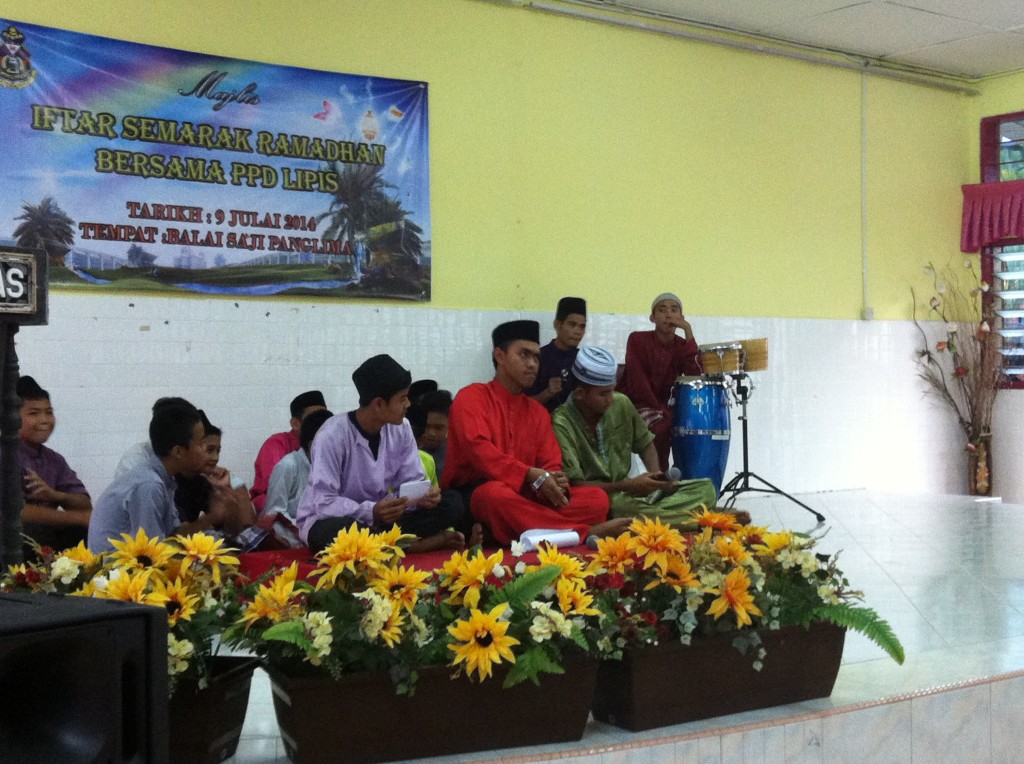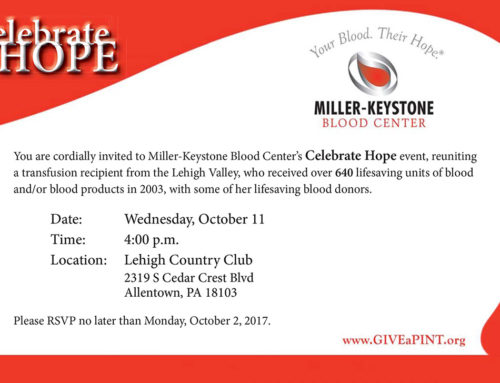“A dragon and a dinosaur are fighting in my stomach.” So says a fellow teacher while explaining his hunger pains. And you know what? His description is pretty darn accurate.
June 28th marked the first day of Ramadan, a holy month for Muslims during which practitioners abstain from, among other things, eating and drinking during daylight hours. Many of my students have told me that Muslims fast so they can feel how the poor feel, how people without food still continue with their day, how they can understand suffering. In a solitary move, I decided that I would join my students and teachers in this month. I didn’t come to Malaysia solely to educate; I need to be a student as well. The one allowance I gave myself, though, was that I would still drink water. Just a more limited amount during the day.
It’s nearly two weeks, now, that I began fasting, and here are my thoughts on the experience so far. The battle between two ferocious creatures does occur in my stomach, especially between two and four in the afternoon, when I’ve spent nearly ten hours without sustenance. They claw away at the lining, carving out any remains from suhoor (the meal before sunrise), leaving me fully aware of the emptiness of my stomach. It’s incredible to understand that hollowness, which then leads to thoughts of how some people are far too intimate with this sensation every day. Gratefulness for my fortunate position ensues.
While fasting, you become aware of how significant food is in life. For survival, it’s a pretty simple explanation, but food just doesn’t keep us alive, it also plays a significant role in our social lives. People come together when it is time to eat a meal, often sharing their food, and over many a dinner table have memories been made. Food, for many people, is a symbol of love and security because of those reasons. We cater to our taste buds with meals varying in spices and flavor combinations; if we didn’t care about what we ate, then we would simply eat the same plain food every day. What’s more, we have establishments dedicated specifically to food, each creating an atmosphere- whether classy or quick- in which we can experience eating.
These points stand out strikingly when it is time to break fast by 7:29pm. On the first Saturday of Ramadan, I was invited to one of my Form 4 girls’ house for iftar (the meal that breaks fast at night). I brought my roommate along, and we spent nearly four hours at my student’s house with her family, laughing and passing translations alongside dishes of murtabak, rendang, and kangkong. On Wednesday, my school’s hostel invited the teachers and their families to break fast with the students who live on campus; the meal included a performance, several readings of the Qur’an, and several helpings of ikan, dates, and, of course, rice. First, silence blankets the room, as everyone fills their plates and then their stomachs, but then, with every bite, the air becomes full too, of chatter, laughter, and satisfaction.
Has fasting been difficult? Yes and no. The pangs are dull, and appear only infrequently. I have noticed a decrease in energy, but not enough to completely arrest me from being enthusiastic in the classroom. Sure, I’m denying myself food when I don’t necessarily have to, but I am finding that this experience challenges me in many ways that can only help me in the future. For one, it’s amazing self-discipline that prevents me from grabbing an apple or ogling over pictures of delicious-looking food (though planning my iftar meal has become a delightful activity). I’m also learning how often I found myself snacking during the day. What better way to celebrate the end of classes for the day than with a handful of cashews and some tea while I check my emails? Sometimes your habits can surprise you when you eliminate them from your life that suddenly.
And my students? Their responses to my, “How are you?” have changed from, “Fine” to, “Hungry!” or a dejected, “Puasa, teacher…” (puasa means fasting in Malay). Some of my students rest their heads on their desks and nod off (in their defense, I am playing movies this month). Yet I still hear the same cacophony of voices from the hostel, and I even caught the hostel boys playing a game of futsal in the afternoon during activity hour. Sometimes I think their exhaustion is a ruse- especially during class- but since I’m feeling out of it more and more, I guess that I can’t get too angry with them.
And I think that is another reason why I decided to fast during Ramadan. It allows me to understand my students better. When communication isn’t always working, we can at least connect on the stomach level; I’ll rub my belly and frown, my students will nod sagely and mirror my actions. A mutual understanding. A moment to share culture, to learn, to teach. Coming together through sacrifice. If that doesn’t unite people, then what does?
My name is Erin D’Amelio and I’m going to Malaysia for ten months as a Fulbright English Teaching Assistant. Over the next 10 months I will be submitting regular journal entries of this incredible adventure, documenting my thoughts and experiences. The views and beliefs I will present in these articles are my own; they do not reflect those of the Fulbright Program or the U.S. Department of State. Below are the articles, in order of publication. Just click on any link and continue the journey with me.
An Unforgettable Journey
How Does One Get a Fulbright, Exactly?
And Then We Wait
Expectations
Sensory Overload
(Almost) Hitting the Ground Running
Barriers
Role-Play
Mercurial Days
Language and Tennis
Appreciation
Reminders
MH-370
Land of the Wholehearted People
A Mighty and Powerful Mango Tree
The Beauty in Spontaneity
The Eternal Battle: Communication Versus Grammar
My Family is Awesome, But Destructive
Breaking Fast



Leave A Comment